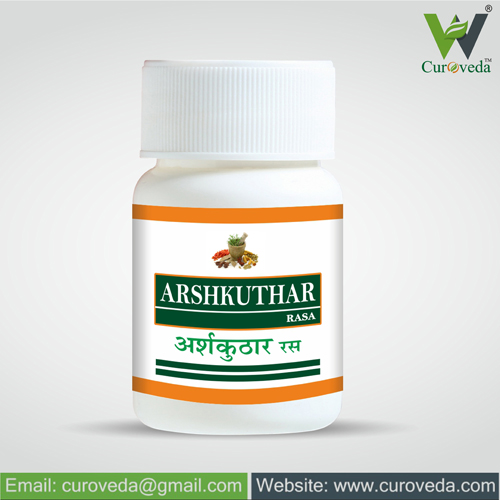Shop
- Home
- Ayurvedic Classical Medicines
- Trivang Bhasma
Trivang Bhasma
Trivang Bhasma is a type of medicine used in Ayurveda that is created by heating certain ingredients until they become a powder. It is made by combining three metals: Tin, Lead, and Zinc. These metals are cleaned and treated to make Trivang Bhasma.
Trivang Bhasma is mainly used to treat problems with urine, diabetes, and leucorrhoea. Some people believe that it can be helpful for many different health problems. However, it is important to remember that this information is meant for Ayurvedic practitioners and should only be used with their advice.
It’s important to note that Trivang Bhasma has raised safety concerns because it contains lead as one of its ingredients. Lead can harm the body, so it’s very important to only use Trivang Bhasma with the help of a trusted healthcare professional or an Ayurvedic doctor.
Ingredients
The ingredients of Trivang Bhasma are:
Vang (Tin): Tin is one of the main metallic ingredients in Trivang Bhasma.
Naga (Lead): Lead is another metallic ingredient used in the preparation of Trivang Bhasma.
Yashada (Zinc): Zinc is the third metallic ingredient used in Trivang Bhasma.
Additional herbs: Some formulations of Trivang Bhasma may also include powdered herbs such as Cannabis sativa and Papaver somniferum.
Method Of Preparation
Cleaning the metals: The gold, silver, and copper used in Trivang Bhasma were first made pure by using different methods to remove dirt and unwanted substances.
Mixing of the metals: After purifying, the metals are combined in equal amounts, following the usual recipe.
Heating: The metals are heated in a container called a crucible until they melt and become a liquid.
Cooling: The liquid metal cools down and becomes solid, turning into a hard blob.
Grinding: The chunky mass is then crushed into a smooth powder using a bowl and crushing tool or other tools for crushing.
Calcination: The powder is heated to a high temperature in a furnace in a process called calcination. This process gets rid of any remaining bad stuff and makes the medicine stronger.
Finishing: Finally, the Trivang Bhasma is crushed into a very fine powder once more and kept in a closed container to protect it from the air.
Dosage & Usage
The amount of Trivang Bhasma you have to take may change based on your health condition, age, overall health, and other things. It is necessary to use Trivang Bhasma with the help of an experienced Ayurvedic doctor. They can figure out the right amount and how long to use it, considering your specific needs and health.
However, as a general rule, it is usually recommended to take 125-250 mg of Trivang Bhasma once or twice a day with honey or ghee. You should take the Bhasma when your stomach is empty. This means either one hour before eating or two hours after eating. It is important to not take more Trivang Bhasma than the recommended amount because it can be very harmful in large quantities. Also, make sure to keep Trivang Bhasma in a cool and dry place and away from children.
Indications
Sexual disorders: Trivang Bhasma, a type of medicine, may help with problems like difficulty getting or maintaining an erection, coming too quickly, or a lack of desire for sex.
Diabetes: Trivang Bhasma can be used alongside other treatments to help manage diabetes. This is thought to help control blood sugar levels and make insulin work better.
Urinary tract infections: Trivang Bhasma can help with urinary tract infections by increasing urine flow and getting rid of harmful substances in the body.
General Fatigue & Weakness: Trivang Bhasma is a type of medicine that is believed to boost energy and help with feeling weak, tired, and lacking energy.
Musculoskeletal disorders: Trivang Bhasma is thought to make bones and joints stronger, which could be helpful for osteoporosis, arthritis, and fractures.
Contradictions
Pregnancy & Breastfeeding: During pregnancy or while breastfeeding, it is not safe to consume Trivang Bhasma because it could harm the baby.
Kids: It’s important to have a qualified Ayurvedic expert’s advice before giving Trivang Bhasma to children.
Kidney problems: Trivang Bhasma might make you pee more and should be used carefully if you have kidney problems.
Liver problems: Trivang Bhasma could harm the liver and should be used carefully in people with liver disorders.
Allergies: People who are allergic to metals may have allergic reactions to Trivang Bhasma.








